Introduction
The art of forging metal has been a fundamental aspect of human civilization for centuries. From crafting intricate tools and weapons to shaping structural components for modern industries, forging remains an indispensable process. However, the methods and technologies employed in metal forging have evolved dramatically, with one of the most significant innovations being the introduction of induction heaters.
The Role of Induction Heaters for Forging
Induction heaters for forging have revolutionized the way metal is heated and shaped. These specialized devices harness the principles of electromagnetic induction to heat metal workpieces quickly, efficiently, and precisely. Unlike traditional heating methods, such as open flames or furnaces, induction heaters offer several distinct advantages for the forging process.
Efficiency and Speed
One of the most notable benefits of induction heaters in forging is their exceptional efficiency. The high-frequency heating machine can rapidly raise the temperature of metal workpieces to the desired forging temperature. The key to this efficiency lies in the induction process itself. By generating a high-frequency alternating current (AC) in a coil, the heater creates a rapidly changing magnetic field. When a conductive metal workpiece is placed within this field, it induces eddy currents in the metal, leading to rapid and uniform heating. This efficiency not only saves energy but also significantly reduces heating time compared to traditional methods.
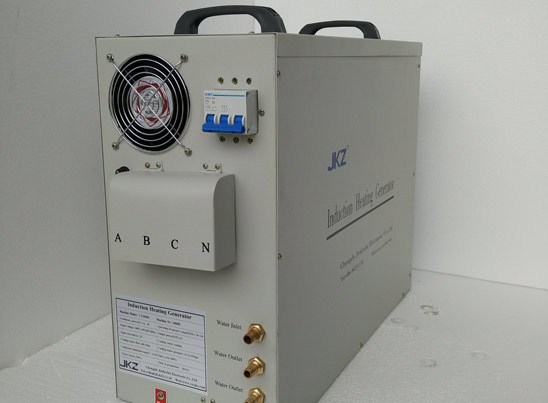
Precise Temperature Control
Induction heaters offer precise temperature control, a crucial aspect of forging. The frequency and intensity of the AC current can be adjusted to achieve the specific temperature required for different types of metal and forging processes. This level of control ensures that the metal reaches the desired forging temperature without overheating, reducing the risk of material waste and defects.
Uniform Heating
Uniform heating is paramount in forging to prevent inconsistencies and ensure the quality of the final product. Induction heaters excel in this regard. The electromagnetic induction process heats the entire workpiece uniformly, avoiding hot spots and cold spots that can result from traditional heating methods. This uniformity contributes to the overall strength and integrity of the forged metal component.
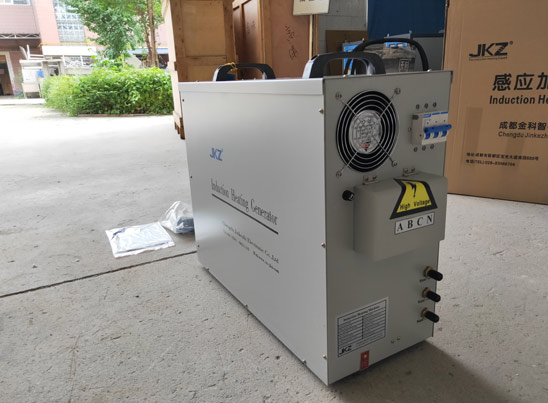
Versatility Across Industries
Induction heaters for forging, like 20KW induction heater, find applications across a wide range of industries. In the automotive sector, they are used for forging crankshafts, connecting rods, and other critical engine components. In aerospace, induction heaters play a vital role in shaping precision parts for aircraft and spacecraft. The manufacturing of heavy machinery, construction equipment, and even artisanal blacksmithing all benefit from the versatility of induction heating technology.
Conclusion
The induction heater for forging represents a significant advancement in the world of metallurgy and manufacturing. Its efficiency, precision, and ability to uniformly heat metal workpieces have transformed the forging process, leading to higher-quality products, reduced energy consumption, and increased productivity. As industries continue to seek innovative ways to shape metal, induction heaters stand as a testament to human ingenuity and our ongoing quest for excellence in craftsmanship and production. Whether in the aerospace hangar or the blacksmith's workshop, these devices are the modern-day blacksmith's hammer, shaping the future of metalworking.

 en
en  cn
cn  jp
jp  ko
ko  de
de  es
es  it
it  ru
ru  pt
pt  th
th  vi
vi  pl
pl 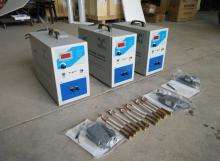
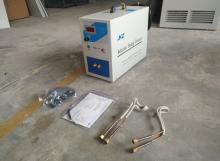
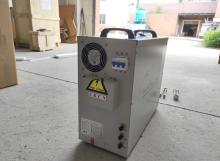
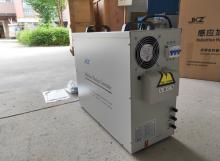
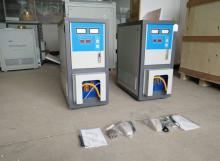
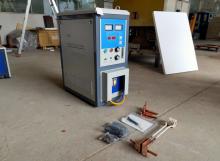
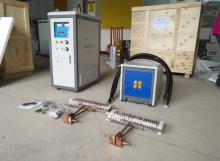
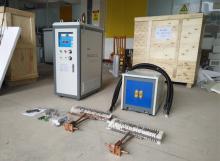
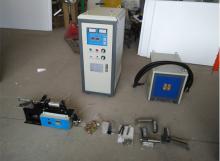
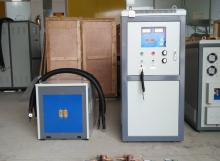
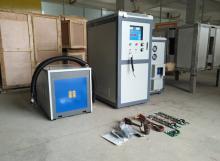
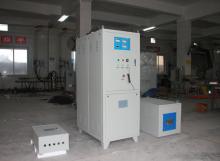
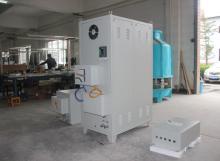
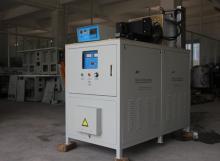
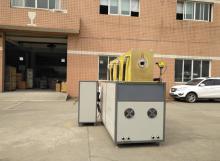
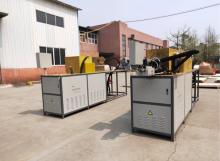
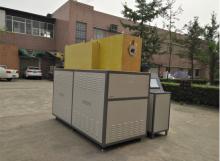
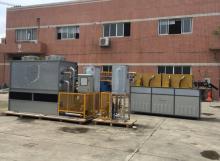
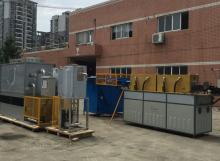
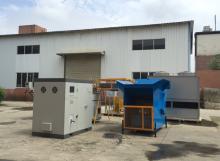
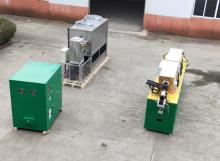
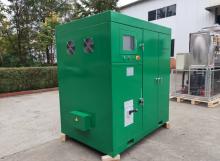
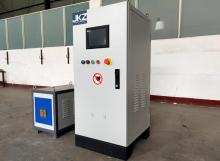
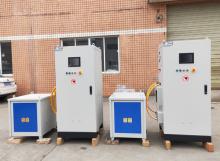
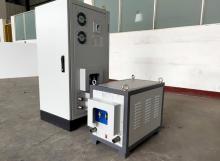


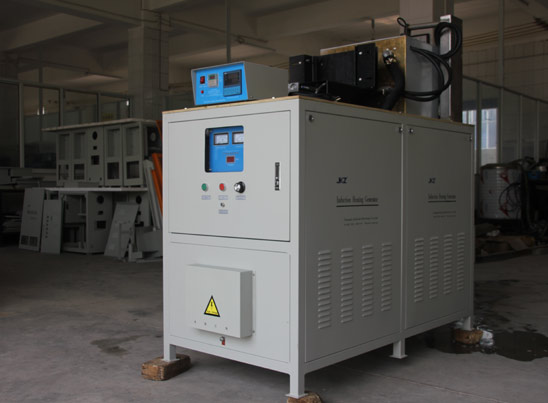
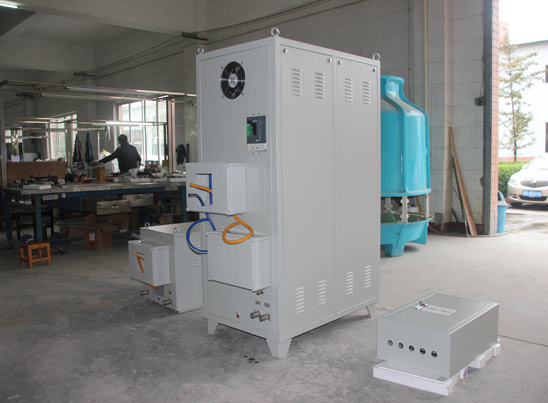
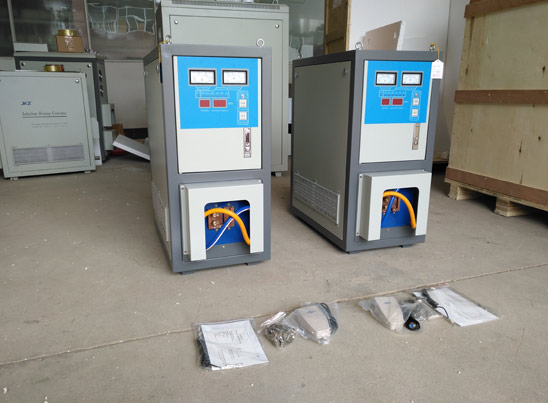





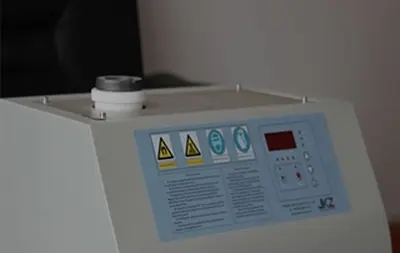
 Call us on:
Call us on:  Email Us:
Email Us:  NO. 688th South Baoguang Road, Xindu District, Chengdu City, Sichuan Province, China
NO. 688th South Baoguang Road, Xindu District, Chengdu City, Sichuan Province, China